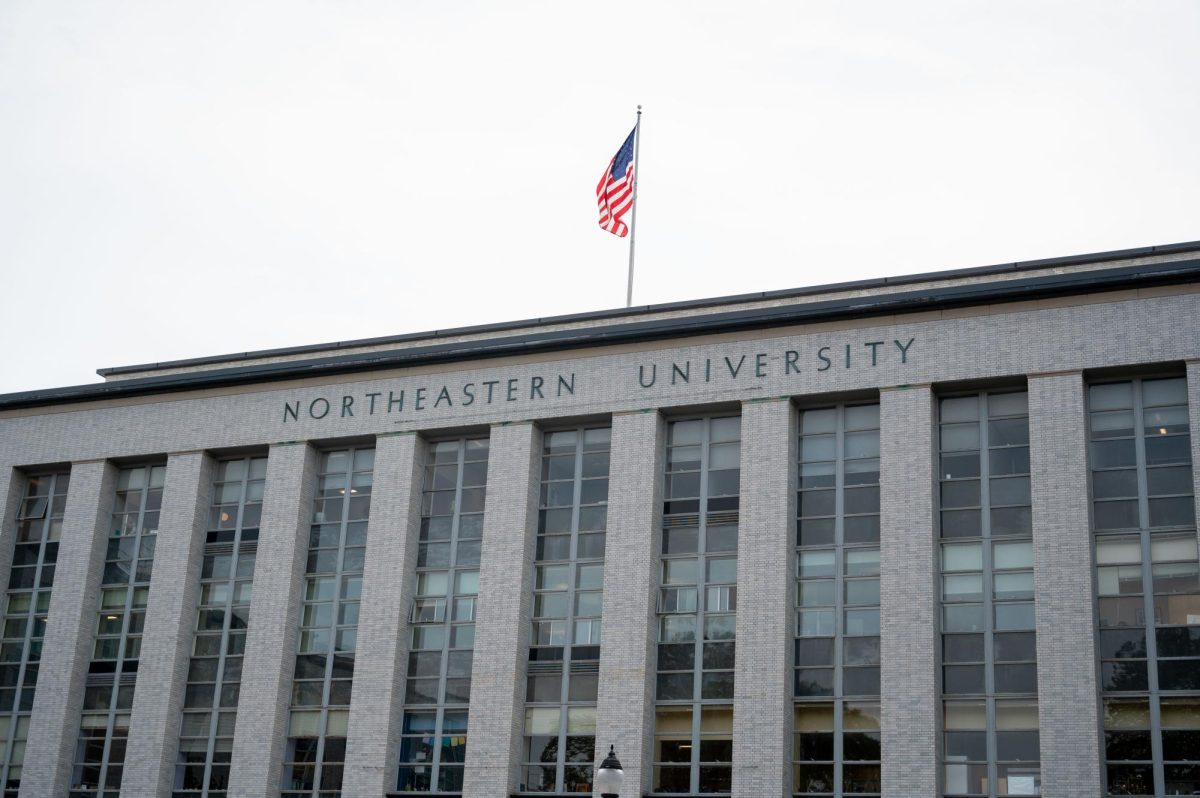After looking through all of the information and examining all aspects that go into purchasing a share of a company, it’s time to buy.
To buy stocks, an investor must first look for a broker. There are three classifications, according to Money101 (www.money.cnn.com), ranging in price and accessibility. The three types of brokers are full-service, discount and online brokers.
Full-service brokers, like Merrill-Lynch or Morgan Stanley Dean Witter, provide information on best buys, ideas for new stocks to add to an investor’s portfolio, when to sell and various other suggestions and resources. These types of brokers keep close watch over their customers’ investments and keep lines of communication working just in case any news should arise.
Discount brokers are not as directly involved as full-service brokers may be. While discount brokers may still provide help in investing, the investors themselves are more responsible for researching the company.
Various companies that previously lacked an online brokerage component are now trying to accomodate a wider demographic by opening their often “full-service brokerage firms” to the Internet. For example, Merrill-Lynch has started to incorporate an online trading part to their service while charging less of a commission to the investor when they use this service.
Online traders, such as Ameritrade and E-trade, are the cheapest avenue to explore when looking for a broker to work through. Charging between $8 and $15 per trade without any added commission costs, online brokerage firms are the least expensive out of the three but also provide less information to the investor about news in the market.
With Ameritrade, whether someone buys 100 or 10,000 shares, there is one flat rate under $11 for the service. In comparison, Charles Schwab, a discount broker, starts with a $29.95 charge for a 1,000 share purchase and jumps to $299.95 for 10,000 shares, with additional charges involved for handling, according to Ameritrade’s Web site (www.ameritrade.com).
Discount brokers, as far as costs, vary, but on the average charge one-third of the price of full-service brokers. Other discount brokers to choose from include Fidelity Investments and Waterhouse Securities.
Providing the most extensive research and information when it comes to direct communication between the investor and the broker, full-service brokerage firms such as Morgan Stanley Dean Witter, Merrill-Lynch and Edward Jones are available. These full-service firms work on a commission that varies depending on the price of the stock the investor is interested in.
Once a firm is chosen and an investor has been decided on, the actual means to purchasing stocks in the market vary from company to company. With the guidelines and assistance of individual brokers, students and adults alike can get involved with the stock market and create a portfolio.









